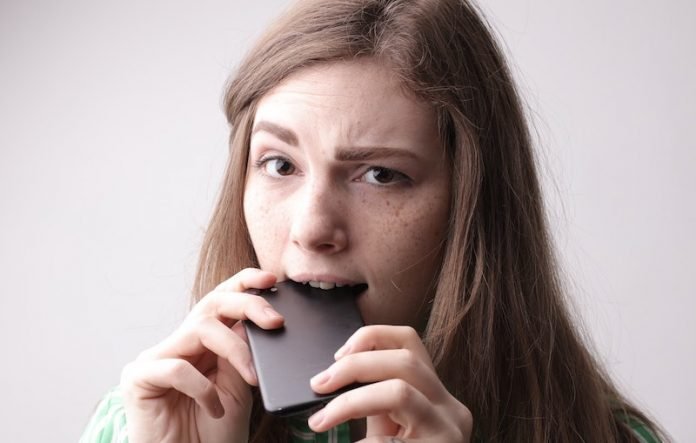
Obsessive-compulsive disorder or OCD is typically treated with medication, psychotherapy, or a combination of the two.
Although most patients with OCD respond to treatment, some patients continue to experience symptoms.
Sometimes people with OCD also have other mental disorders, such as anxiety, depression, and body dysmorphic disorder, a disorder in which someone mistakenly believes that a part of their body is abnormal.
It is important to consider these other disorders when making decisions about treatment.
Medication
Serotonin reuptake inhibitors (SRIs), which include selective serotonin reuptake inhibitors (SSRIs) are used to help reduce OCD symptoms.
SRIs often require higher daily doses in the treatment of OCD than of depression and may take 8 to 12 weeks to start working, but some patients experience more rapid improvement.
If symptoms do not improve with these types of medications, research shows that some patients may respond well to an antipsychotic medication.
Although research shows that an antipsychotic medication may help manage symptoms for people who have both OCD and a tic disorder, research on the effectiveness of antipsychotics to treat OCD is mixed.
If you are prescribed a medication, be sure you:
Talk with your doctor or a pharmacist to make sure you understand the risks and benefits of the medications you’re taking.
Do not stop taking a medication without talking to your doctor first. Suddenly stopping a medication may lead to “rebound” or worsening of OCD symptoms. Other uncomfortable or potentially dangerous withdrawal effects are also possible.
Report any concerns about side effects to your doctor right away. You may need a change in the dose or a different medication.
Report serious side effects to the U.S. Food and Drug Administration (FDA) MedWatch Adverse Event Reporting program online or by phone at 1-800-332-1088. You or your doctor may send a report.
Other medications have been used to treat OCD, but more research is needed to show the benefit of these options.
Psychotherapy
Psychotherapy can be an effective treatment for adults and children with OCD.
Research shows that certain types of psychotherapy, including cognitive behavior therapy (CBT) and other related therapies (e.g., habit reversal training) can be as effective as medication for many individuals.
Research also shows that a type of CBT called Exposure and Response Prevention (EX/RP) – spending time in the very situation that triggers compulsions (e.g. touching dirty objects) but then being prevented from undertaking the usual resulting compulsion (e.g. handwashing) – is effective in reducing compulsive behaviors in OCD, even in people who did not respond well to SRI medication.
As with most mental disorders, treatment is usually personalized and might begin with either medication or psychotherapy, or with a combination of both.
For many patients, EX/RP is the add-on treatment of choice when SRIs or SSRIs medication does not effectively treat OCD symptoms or vice versa for individuals who begin treatment with psychotherapy.
Other Treatment Options
In 2018, the FDA approved Transcranial Magnetic Stimulation (TMS) as an adjunct in the treatment of OCD in adults.
NIMH is supporting research into other new treatment approaches for people whose OCD does not respond well to the usual therapies.
These new approaches include combination and add-on (augmentation) treatments, as well as novel techniques such as deep brain stimulation.
Sign up for our newsletter for more information about this topic.
If you care about mental health, please read studies about 7 strange habits caused by depression, and this blood pressure drug may help reduce anxiety and pain.
For more information about mental health, please see recent studies that eating too much sugar may make you have these mental problems, and results showing COVID patients on this depression drug are less likely to die.



